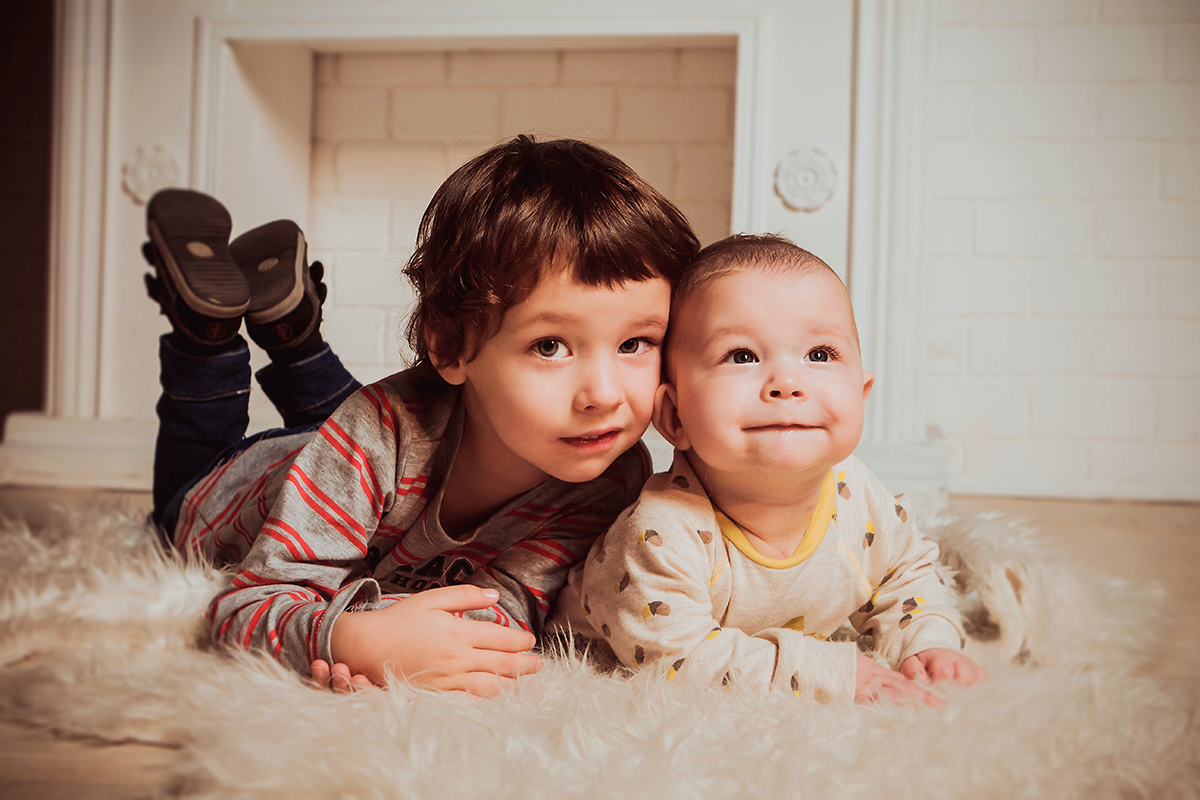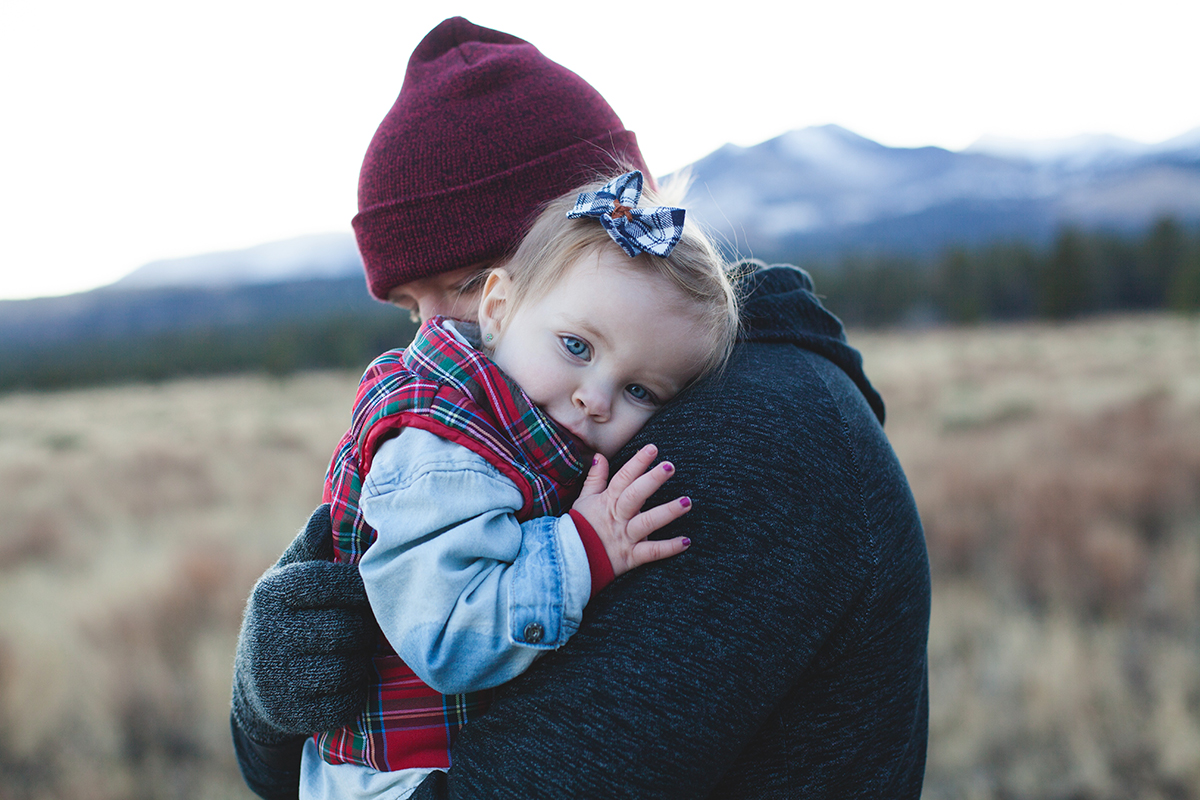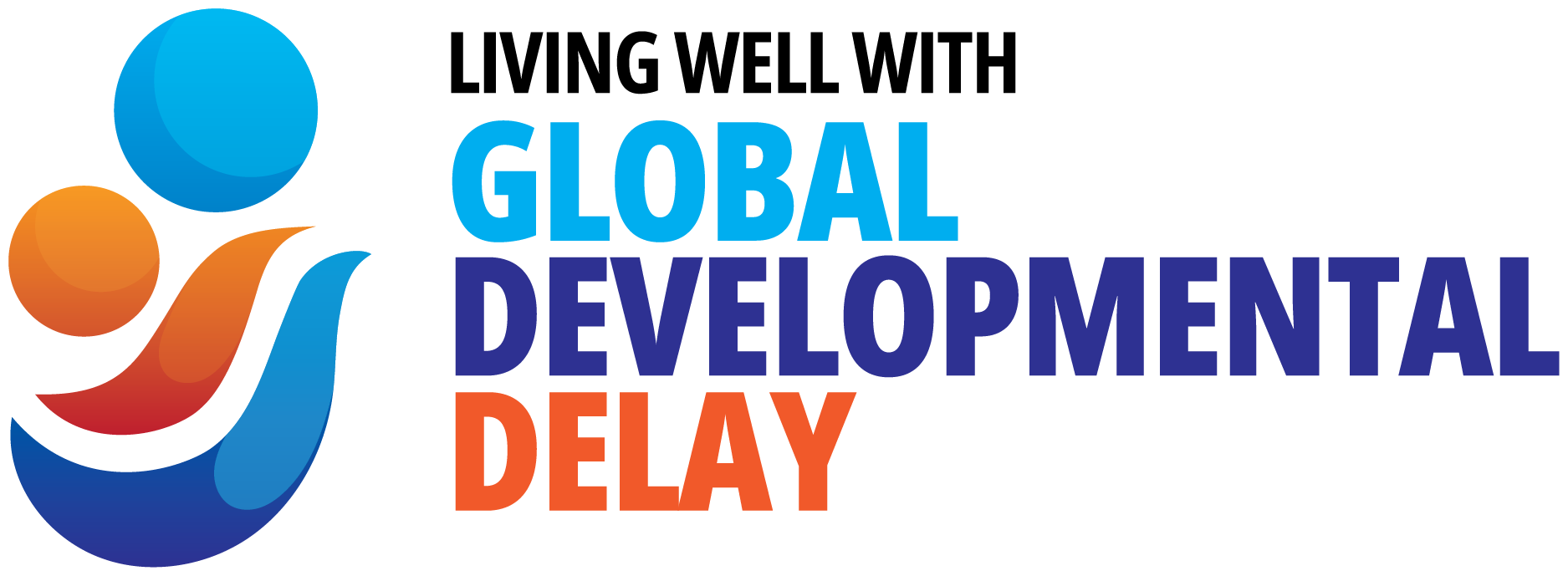Your child has the same core needs as all children, so it is important that these are not neglected. Efforts to address your child’s additional needs should not become the total focus of their lives or of the family’s life.
What does your child need?
Key Message

All parents face the challenge of understanding what their children need and how to support their development. But this challenge can be even more acute when your child has global developmental delay
When thinking about what your child needs,
here are some key points to remember:

Your child is a child first and foremost
They have the same core needs as all other children – to be loved, to be safe, to be healthy, and to have lots of opportunities to explore the world and to mix with other children.
When children have lots of difficulties in learning, it is easy to lose sight of these needs. If we focus all our efforts in trying to fix the things our children find hard, then we risk neglecting their core needs. They need balance in their lives, and not be doing therapy all the time. They need time to have fun and do the things that they enjoy.
Your child learns in the same basic way as other children do
Young children develop through their relationships with the important people in their lives. Sensitive and responsive caregiving is a fundamental requirement for the healthy development of every child.
This is just as true for children with global developmental delay, although they may have more difficulties having their needs met by caregivers. This may be slower than usual to respond, or appear to react poorly to normal caregiving, or have a hearing or vision loss. Having a child who responds more slowly or differently can be off-putting for parents and make them feel as though the child is rejecting their attention or they are failing as parents. Be assured that all children with global developmental disability can develop positive attachments in time. The most important thing you can do for your child is to develop a close bond with them.
Learn to read your child’s signs
All children need caregivers who are not only loving but also responsive – who notice when their child needs attention, or is hungry, tired or distressed, and who respond appropriately. Learning to read the signs of what state or mood your child is in is an essential parenting skill.
This is particularly important for a children with global developmental disability because they may be harder to read. This makes it important for parents to observe their children closely and learn to read the signs that they have indeed formed that all important bond with them.
It is not only the relationships with parents that matter. Young children learn through their relationships with all the people in their lives, such as extended family members, child minders, child care workers and early childhood educators. It is important that these other people in children’s lives are also able to provide them with responsive caregiving.
Follow your child’s interests
Children learn best when they are doing something that they are interested in. While it may not be possible to accommodate your child’s interests all the time, it is good to do so wherever possible. The trick is to embed the things that your child needs to practice into activities that they enjoy, rather than trying to get them to do therapy exercises that they do not enjoy (and that you don’t enjoy making them do.) Not only does this result in better learning, it also makes for a more balanced life for your child.
Make sure your child feels safe
All young children need to feel safe and secure, both in their physical environments and in their relationships with others. Feeling safe in their core relationships gives children a secure base from which to explore the world. Parents and other caregivers can provide that base, a place where children and young people can return to whenever they feel unsafe or hurt, physically or emotionally.
This is particularly important for young children with global developmental delay who can be slower to learn how to keep themselves safe. You also need to make sure that your child’s physical environments are safe, and that the people they mix with are caring and responsive. But a big part of ensuring safety is building the bond with you, so they always have you as a safe place to come back to.
Make sure your child has a rich social life
All young children benefit greatly from mixing with other children and other families. These is an essential part of growing up for every all child. It’s a stimulating experience that builds all sorts of skills – social skills, play skills and physical skills.
Children with global developmental delay are no different. They need access to the same environments as other children, and they need the same opportunities to mix with other children. This can get forgotten when a child has lots of other needs, or has difficulty knowing how to mix with others. But if they are if they are not given the opportunities to mix with others, they will never learn.

Make sure that your family’s needs are not neglected
It is important for both your child and your family that efforts to meet your child’s needs do not take over family life altogether. Your child needs a happy family as much as he or she needs additional support, so think about what the family as a whole needs as well as what you and your child need.
Having positive support networks – family and friends, other parents of children with disability – is critical for family wellbeing, so make sure that the services you receive do not disrupt your support networks or other activities.
How do services fit into the picture?
All the points just discussed are about what parents and caregivers can do to meet their children’s needs. What can specialist services add?
The key point to remember is that services cannot replace the environment that children live in every day. These everyday environments, particularly the home environment, are where children do most of their learning. The most important thing that specialist services can do is to help you learn how to provide your child with the experiences they need to develop well.
However, specialist services can help you improve the environment you provide for your child. Ways in which they can do this are described in How can professional services help you?
How much service do you need?
This is a question that all parents will face. For some tips to keep in mind when deciding how much support you need, see How much service does your child and family need?
Carly Findlay (2021). Growing Up Disabled in Australia. Carlton, Victoria: Black Inc.
• CYDA Fact sheets on child safety
Fact sheet 2: What to do when harm occurs – or you suspect it https://www.cyda.org.au/resources/details/99/what-to-do-when-harm-occurs-or-you-suspect-it
Fact sheet 3: How can we help keep children and young people with disability safe? https://www.cyda.org.au/resources/details/100/how-can-we-help-keep-children-and-young-people-with-disability-safe
Fact sheet 4: What is violence, abuse, neglect and exploitation of children and young people with disability https://www.cyda.org.au/resources/details/98/what-is-violence-abuse-neglect-and-exploitation-of-children-and-young-people-with-disability
• Rosenbaum, P. and Gorter, J.W. (2012). The ‘F-words’ in childhood disability: I swear this is how we should think! Child: Care, Health and Development, 38 (4): 457-463. doi: 10.1111/j.1365-2214.2011.01338.x.
• Keilty, B. (2016). The Early Intervention Guidebook for Families and Professionals: Partnering for Success (2nd. Ed.). New York: Teachers College Press.
• Raver, S.A. and Childress, D.C. (2015). Family-Centered Early Intervention: Supporting Infants and Toddlers in Natural Environments. Baltimore, Maryland: Paul H. Brookes.
